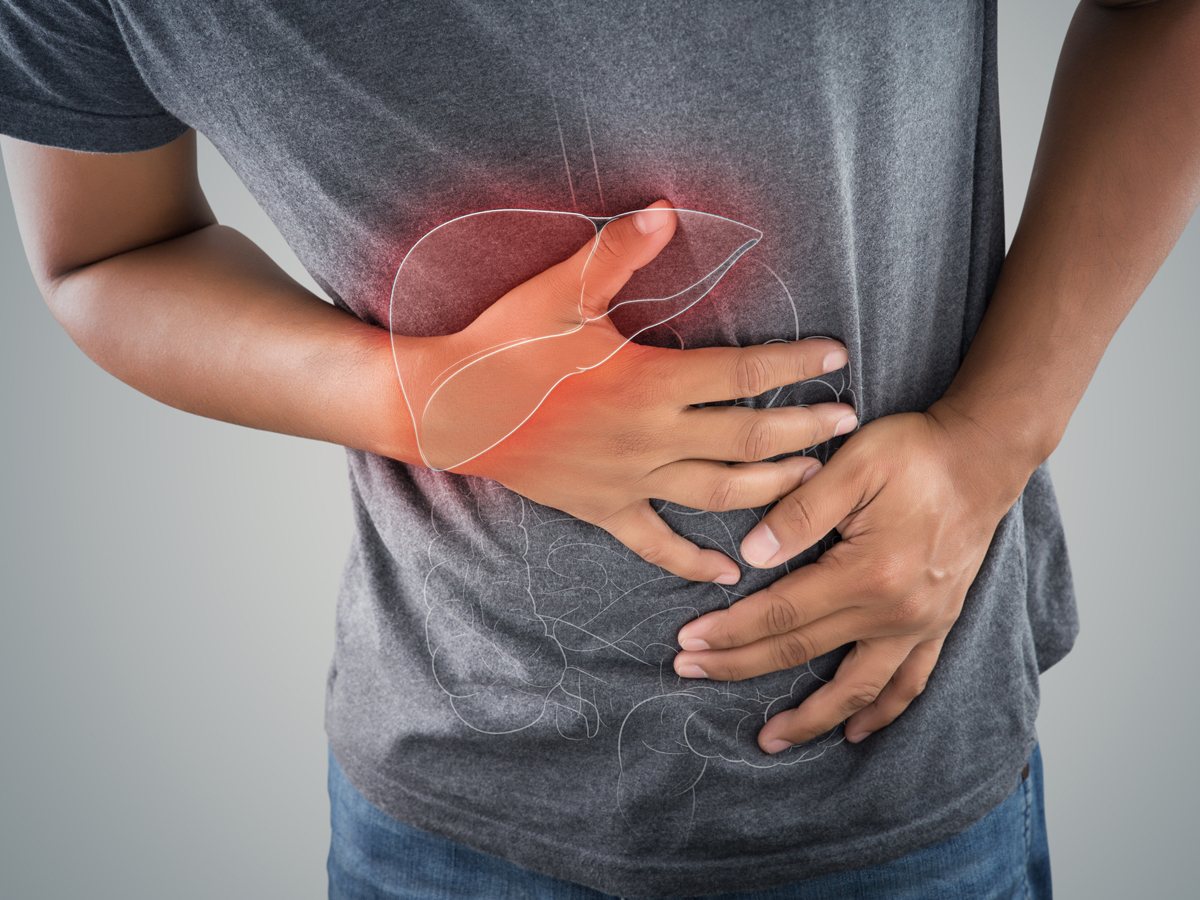Alcohol’s Affect on the Body

Those who have consumed alcohol know how fast the effects are felt. About 20% is immediately absorbed through the stomach and the remaining percentage is absorbed through the lining of the small intestine. We quickly begin to feel relaxed and comfortable with our surroundings. We tend to become more sociable as our confidence begins to falsely build. We see this as a positive benefit of drinking, but in fact, alcohol is classified as a depressant. When we drink alcohol we experience more negative effects than, at the time, we don’t think about it being bad for us. Examples of these negative effects are, but not limited to:
- slower reflexes
- reduced coordination
- making bad decisions
- impaired motor skills
- temporary loss of memory
What is Alcohol

An alcoholic beverage can be defined as beer, wine, or other spirits such as whiskey that are made from fermenting sugars. The alcoholic percentage varies among the various beverages and can affect each person who consumes the beverages differently.
How Long Does Alcohol Stay in Your System

There are several factors that play instrumental roles in how long alcohol stays in your system. Examples of such factors are the type of alcohol that was consumed as well as the rate at which your body metabolizes the alcohol. The metabolism rate is dependent upon one’s age, weight, gender, body makeup, overall health, and if the person has taken other prescribed medications or otherwise. The length of time results may vary depending on the type of test being performed to calculate the alcohol percentage remaining in the body. But, on average, alcohol can be traced in your urine for up to 80 hours, up to 3 months in your hair follicles and in your blood for up to 24 hours.
How Does Alcohol Affect Your Body

There are emotional effects and physical effects of alcohol when consumed. Emotionally, alcohol is linked to depression for some, but it also causes others to be anxious, suicidal, and have increased violent behaviour. Physically it can damage the organs in your body.
1. Liver

The liver is our largest internal organ and it is one that we cannot live without.
This is where the alcohol gets metabolized and where the alcohol turns to
acetaldehyde. The resulting chemical compound is very toxic and is linked to
cancer. When the liver is damaged, one can develop fatty liver disease, cirrhosis
of the liver and cancer.
2. Stomach

When you consume alcohol your stomach begins to produce more stomach acid and this
acid can irritate the lining of the stomach. Increased production of gastric acid
can result in gastritis and inflammation of the lining can result in ulcers.
3. Bones

Your bones need sufficient calcium to remain healthy and strong. Unfortunately,
alcohol decreases the absorption of calcium leading to weaker bones. When your
bones are weak, you are more susceptible to fractured/broken bones and even
osteoporosis.
Not everyone will develop physical complications from consuming alcoholic beverages. There are people who drink little and those who drink a lot and never succumb to any adversity. But the opposite can also be true. No one knows how much is too much and how often it is too often.
If you have found yourself wanting to rid yourself of the alcohol in your body, you can follow the following six ways to detox your body.

